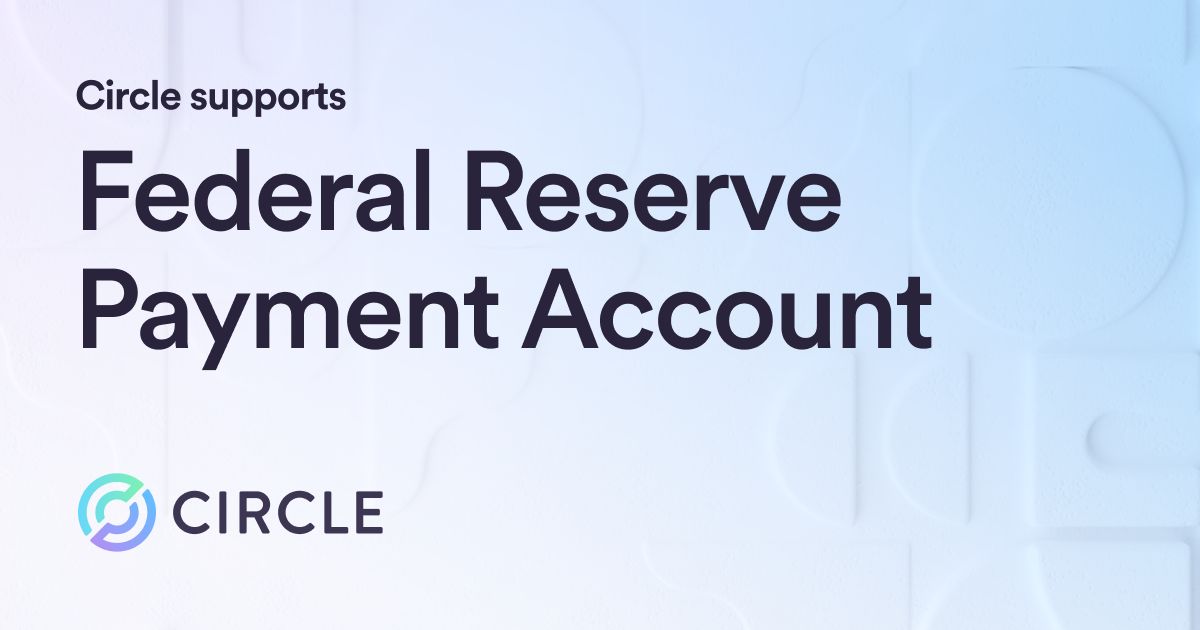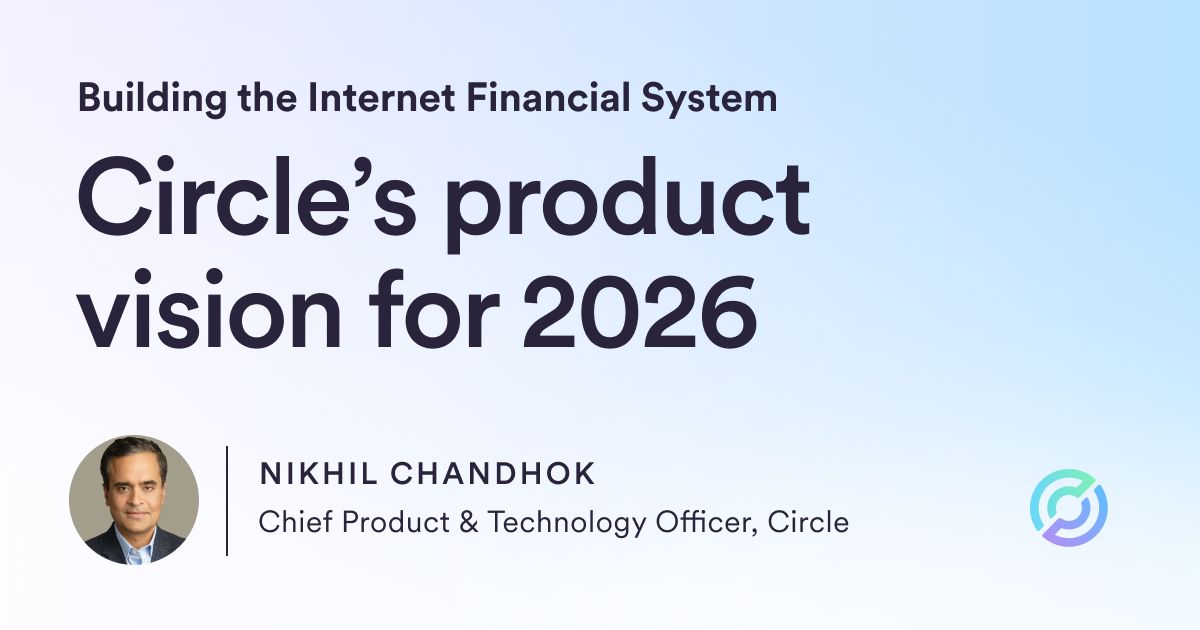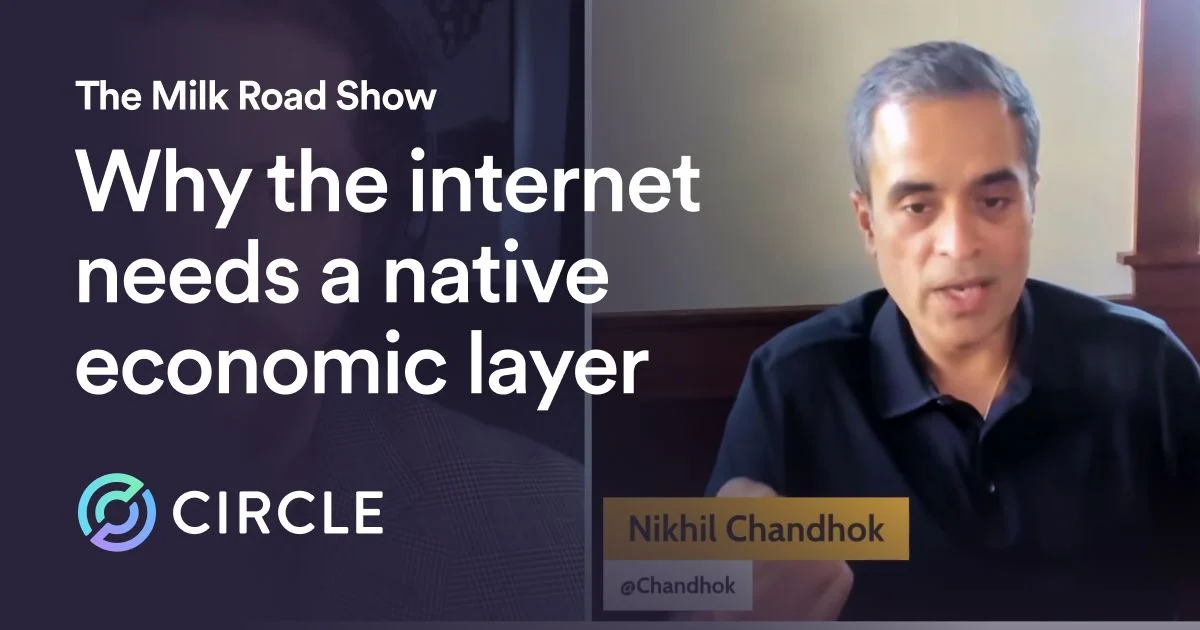Converge22 hosted an insightful chat about crypto regulation led by two speakers with top-tier financial regulatory experience. Read our recap to learn more.

Given the recent instability in the crypto ecosystem, the creation of responsible regulation that protects consumers and ensures financial markets integrity has never been more critical. On Day Two of Converge22, conference attendees were fortunate to listen in on an insights-packed discussion about crypto regulation from two speakers with top-tier financial regulatory experience.
Circle’s Moderator Julien Le Goc was joined by Jelena McWilliams, the former Chairwoman of the Federal Deposit Insurance Corporation (FDIC), and Brian Brooks, the former Acting Comptroller of the Office of the Comptroller of the Currency (OCC). In a presentation packed with humor and real-world experience and knowledge, the panelists shared their expectations for the future of crypto regulation.
The Always On Economy
Le Goc began the conversation by discussing the current “always-on” American economy. While we live in a world with constant access to what we wish to buy or use, our financial system, in many cases, is still governed by long settlement times and traditional banking hours. He then posed a question to the former regulators, asking about their predictions on the future of crypto regulation and what crypto regulators could do for the industry.
According to McWilliams, “There has been a lot of development in this space.” In her view, there are three to four bills that have been introduced with generally good intentions, although potential crypto regulators may not necessarily have a full understanding of how the crypto market functions and how it should be approached. As she describes it, “Regulators exist to minimize risk in the system. Anything that doesn’t look like what they know, if it’s a round peg in a square hole, some regulators can struggle.”
And in many cases, people in fintech, crypto, and DeFi are on the edge and building new things while professionals in Washington D.C. are navigating laws that were fashioned long before the emergence of these technologies. She suggests, “Understanding that regulators need education and the comfort level to minimize risk in the system, is where technologists can help regulators.”
Brooks approached the question differently. In his view, “If all of the pending legislation were enacted this year, it wouldn’t affect the ‘always on’ economy.” He believes, “The ultimate problem we have is that the nature of the American banking system, which is a closed system, means that we require anybody who wants to settle a trade, process a payment, to connect through the government’s payment system. And the only ones that can connect to the Fed’s payment system are banks, nobody else. Fintech can’t solve that, because of the nature of our regulatory system.”
How Responsible Crypto Regulation Can Support The Unbanked
Continuing the discussion, Le Goc said that access to modern financial systems and markets should be a birthright and yet the world still has 1.5bn people that are unbanked, and 1.5bn people that are under-banked, meaning they don’t have enough resources to cost-effectively leverage basic financial services. Additionally, he said almost 25% of Americans are underbanked or unbanked and asked whether or not crypto can help solve these problems.
In his response, Brooks says, “Two of the most important reasons why people are under or unbanked are the following: having a bank account costs money, so if you have a small balance, the bank eats away from that balance, on the deposit side. On the credit side: it’s expensive for banks to make small loans to people because humans have to review loan applications and it doesn’t make sense for such a small loan. Crypto is supposed to solve those issues.”
Speaking about the power and potential of USDC, Brooks emphasized how USDC can be bought with no fee on a wide variety of exchanges, is a safe instrument, and has strong transparency, including regularly-issued attestations. As he explains, “It doesn’t cost anything to hold 400 USDC. But it does cost money to hold $400 at JPMorgan. The vision of DeFi is where algorithmic allocation of liquidity means you don’t need a bank officer, you can connect with people willing to offer you a loan at your desired interest rate.”
Speaking about regulatory transparency and data collection as part of crypto regulations, McWilliams describes how banks collect quarterly data and share it with the FDIC. But by the time the FDIC reviews and releases the data to the public, this data could be as old as five months. But with some of the decentralized, on-chain protocols in crypto, regulators will actually be able to access consumer financial data in real-time to minimize overall systemic risk.
Balancing Financial Privacy With Consumer Protection
On the topic of cash as an innovation versus crypto as an innovation, Brooks believes, “We are losing the ability to conduct private transactions.” Although he asserts the importance of anti-money laundering laws to combat financial crimes and terrorism, he maintains, “We need a nuanced approach that recognizes the legitimacy of public safety, but also recognizes that the most important thing about the West is that we are a free society.”
Speaking about the potential to improve the work that regulators do to protect consumers, McWilliams says, “Crypto and blockchain technology has so much potential to reduce the inefficiencies of the system. A lot of European economies are struggling with unreported cash incomes. An economy where everything is on the blockchain allows tax revenues to be reported accurately.”
Closing out the discussion, Le Goc asks whether the panelists believe the U.S. is for or against crypto innovation. In McWilliams’ perspective, “Innovation is not a square peg in a square hole. How do we deal with it? Nobody wants to be in a position where an issue happens on your watch. Everybody is super hesitant to make the move that could potentially undermine the safety and soundness of the system. It’s not that regulators do not want innovation, but that they are unfamiliar with the technology and marketplace.”
Brooks added that, “The most powerful thing in the world is incumbency. And incumbency affects views on innovation.” Additionally, “Banks have a business that is built on a certain set of things being true; the idea that it’s more efficient to aggregate more dollars in one place, that customer relationships are sticky and permanent. When a technology comes around and says those principles are only transient, and pre-tech, and we can solve those problems and don’t need those principles, the incumbents get worried and don’t like that.”
The breadth of challenges and opportunities surfaced by McWilliams and Brooks during this Converge22-hosted dialogue underscores that regulation of digital assets remains an important and far-reaching policy priority in the U.S. and other countries. We invite you to learn more from Dante Disparte, Circle’s Chief Strategy Officer & Head of Global Policy, on how we move to more meaningful regulation.




